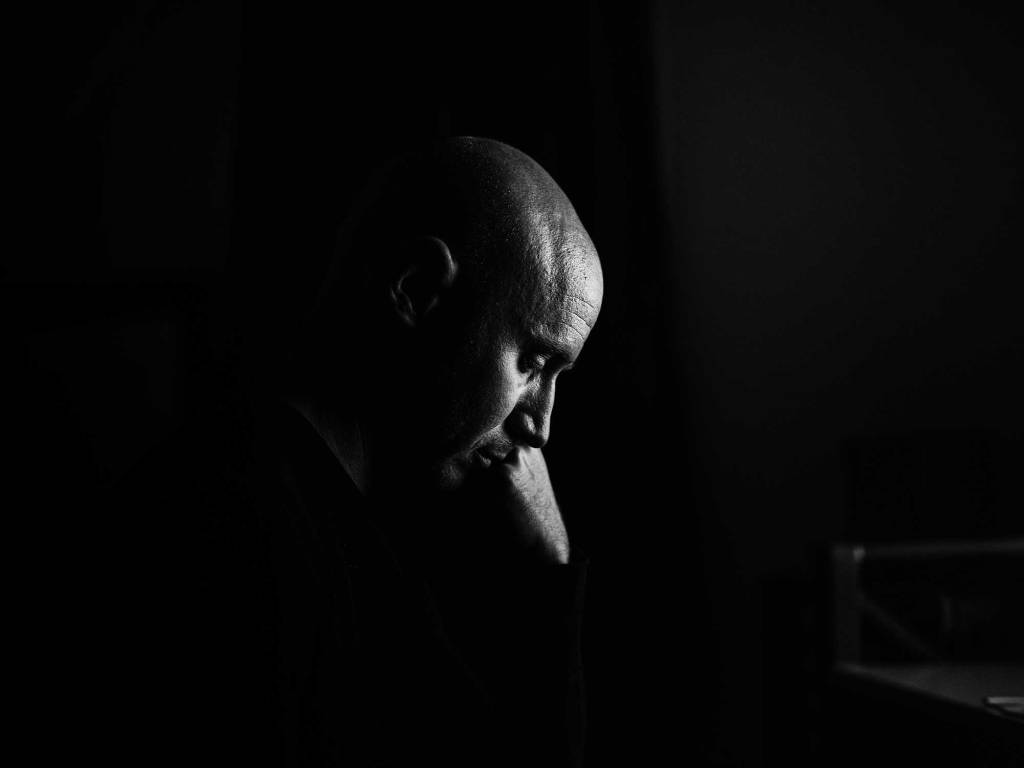Why Depression Is Increasing in Men?
How Counselling Can Help With Male Depression
Male Depression affects people of all genders, yet for many men, it often goes undetected, unspoken, and untreated. Over recent years, mental health professionals have observed a notable increase in depression among men, with rising rates of emotional distress, social withdrawal, substance use, and even suicide. Despite these concerning trends, many men continue to suffer in silence due to stigma, gender expectations, or lack of access to appropriate support.
This article explores the reasons behind the growing prevalence of depression in men, the unique ways it can manifest, and how professional counselling can offer a path toward healing, self-awareness, and emotional strength.
Why Is Depression More Common in Males?

1. Cultural and Societal Expectations of Masculinity
From an early age, many boys are conditioned to believe that being a man means being tough, stoic, and emotionally restrained. Phrases like “man up,” “boys don’t cry,” and “don’t be weak” teach men to suppress their emotions rather than express them. These ingrained messages can prevent men from recognising their mental health struggles and make it harder for them to seek help.
As a result, emotional pain often goes unacknowledged, and feelings such as sadness, loneliness, or vulnerability may be buried under anger, irritability, or numbness.
2. Modern Pressures and Shifting Roles
Men today face a wide range of modern pressures—from economic insecurity and job stress to changing family dynamics and social expectations. The traditional roles of men as providers or protectors are evolving, which can lead to identity confusion, anxiety, and low self-worth for those who feel they are not “measuring up.”
Additionally, the increased demands of balancing work, parenting, and emotional involvement in relationships can leave some men feeling overwhelmed, isolated, or inadequate—all of which contribute to depression.
3. Underdiagnosis and Atypical Symptoms
Depression in men often presents differently than in women, which can lead to underdiagnosis or misdiagnosis. While women may express depression through sadness, crying, or fatigue, men are more likely to experience:
- Anger and aggression
- Risk-taking behavior
- Increased alcohol or drug use
- Irritability or restlessness
- Difficulty concentrating or working
- Emotional numbness or disconnection
Because these symptoms don’t always match the stereotypical signs of depression, men may not receive the support they need—or may not realise they’re struggling at all.
4. Reluctance to Seek Help
Even when men recognise they are struggling, many hesitate to reach out for help due to fear of judgment, shame, or appearing weak. Counselling and therapy are often perceived as something reserved for those who are “broken,” rather than a standard, healthy tool for coping with life’s challenges.
This reluctance can result in untreated mental health issues that worsen over time, sometimes leading to substance dependence, relationship breakdowns, or suicidal thoughts.

How Counselling Helps Men With Depression
Counselling offers men a confidential, non-judgmental space to talk openly about their struggles, explore the root of their emotional pain, and learn effective strategies for managing depression.
Whether it’s anger, sadness, burnout, or numbness, therapy helps men identify, name, and process emotions in a safe and supportive environment.
1. Normalising Emotions and Reducing Stigma
One of the most potent benefits of counselling is helping men understand that their emotional experiences are valid and human, not signs of weakness. Therapy can challenge harmful beliefs about masculinity and mental health, replacing them with self-compassion and resilience.
By exploring emotions in a safe environment, men can begin to let go of the pressure always to be strong and instead learn how to be emotionally honest without shame.
2. Building Coping Tools and Emotional Awareness
Counselling equips men with practical tools to manage stress, navigate conflict, and respond to emotional triggers more effectively. This includes learning healthy coping strategies for anxiety, anger, and low mood, rather than turning to avoidance or destructive habits.
Emotional awareness is another key focus. Many men with depression describe feeling “numb” or “blank.” Therapy can help reconnect individuals with their inner world, making it easier for them to express themselves, connect with others, and feel more in control.
3. Improving Relationships and Communication
Depression often causes strain in relationships. Counselling can help men improve communication skills, resolve conflicts, and express their needs more clearly. This can lead to healthier relationships with partners, children, colleagues, and friends, reducing feelings of isolation and disconnection.
Men often find that as they become more emotionally attuned, they are better able to connect meaningfully with others, a crucial step in overcoming depression.
4. Addressing Root Causes
While counselling provides immediate tools for coping, it also helps men explore and address the deeper roots of their depression, whether that’s unresolved childhood trauma, unmet emotional needs, low self-worth, or a history of shame.
This deeper therapeutic work supports lasting change, helping men not only reduce their symptoms but also grow in self-understanding, self-respect, and emotional freedom.
Conclusion: A New Path Forward for Men’s Mental Health
The rise in depression among men is a clear sign that more open, compassionate conversations about male mental health are urgently needed. The emotional struggles men face are real, and they deserve to be acknowledged, understood, and supported.
Counselling for depression in Southport offers a vital lifeline, helping men break free from silence, dismantle internalised stigma, and take meaningful steps toward healing. Whether you’re struggling with anger, sadness, stress, or numbness, you don’t have to go through it alone.
At Gold Coast Counselling, Lee Calleja provides professional, confidential support tailored to men’s mental health. Whether through in-person sessions in Southport or online video consultations, Lee helps men navigate depression, build emotional strength, and create more balanced, fulfilling lives.
Reach out today to take the first step toward mental clarity, emotional strength, and lasting well-being.









